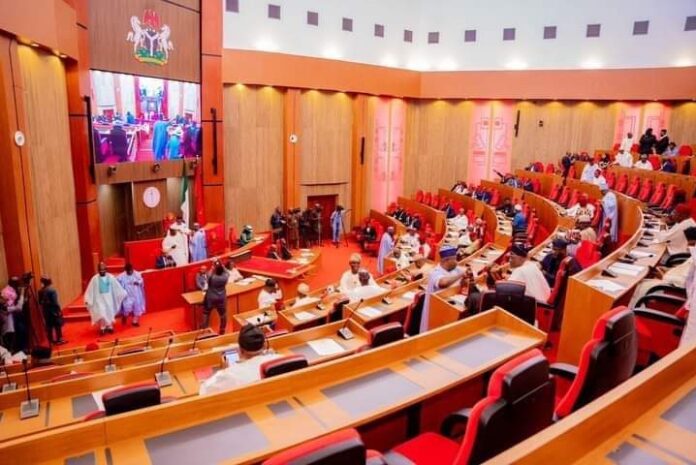The Joint Committee of the Senate and House of Representatives on Constitution Review has unanimously approved the creation of an additional state in the South-East geo-political zone of Nigeria.
When officially created, the new state will bring the South-East region—currently made up of Abia, Anambra, Ebonyi, Enugu, and Imo states—to six states, placing it on equal footing with other zones such as the South-South, South-West, North-Central, and North-East. The North-West remains the only zone with seven states: Kaduna, Kano, Kebbi, Katsina, Zamfara, Sokoto, and Jigawa.
The decision was reached during a two-day retreat in Lagos on Saturday, where the committee reviewed 55 proposals for the creation of new states across the country. The session was chaired by Deputy Senate President, Senator Barau Jibrin, and co-chaired by Deputy Speaker of the House of Representatives, Hon. Benjamin Kalu.
Lawmakers at the retreat agreed that creating an additional state in the South-East was necessary to promote fairness, balance, and a greater sense of inclusion among Nigeria’s regions.
Hon. Benjamin Kalu, who has been at the forefront of the campaign for a new South-East state, emphasized that such a move would “give the people a sense of belonging” and correct a long-standing structural imbalance in Nigeria’s federal system.
According to a statement issued by the committee’s media unit on Saturday, the resolution was reached after Senator Abdul Ningi (Bauchi Central) moved a motion for the creation of the new state, which was seconded by Hon. Ibrahim Isiaka (Ifo/Ewekoro, Ogun State). The motion reportedly received unanimous approval from committee members.
In addition, the joint committee set up a sub-committee to further consider the creation of additional states and local government areas across all six geo-political zones. It was disclosed that a total of 278 proposals had been submitted for review nationwide.
Speaking at the event, Senator Jibrin urged lawmakers to rally broad support across both chambers of the National Assembly and the State Houses of Assembly to ensure that the proposal succeeds during voting.
“We need to strengthen what we have started so that all parts of the country will key into this process,” Jibrin stated. “By the time we get to the actual voting, we should already have the buy-in of all stakeholders—from both chambers and the State Houses of Assembly.”
The decision marks a significant step in Nigeria’s ongoing constitutional review process and renews discussions around restructuring, equity, and regional balance in the country’s federal system.



